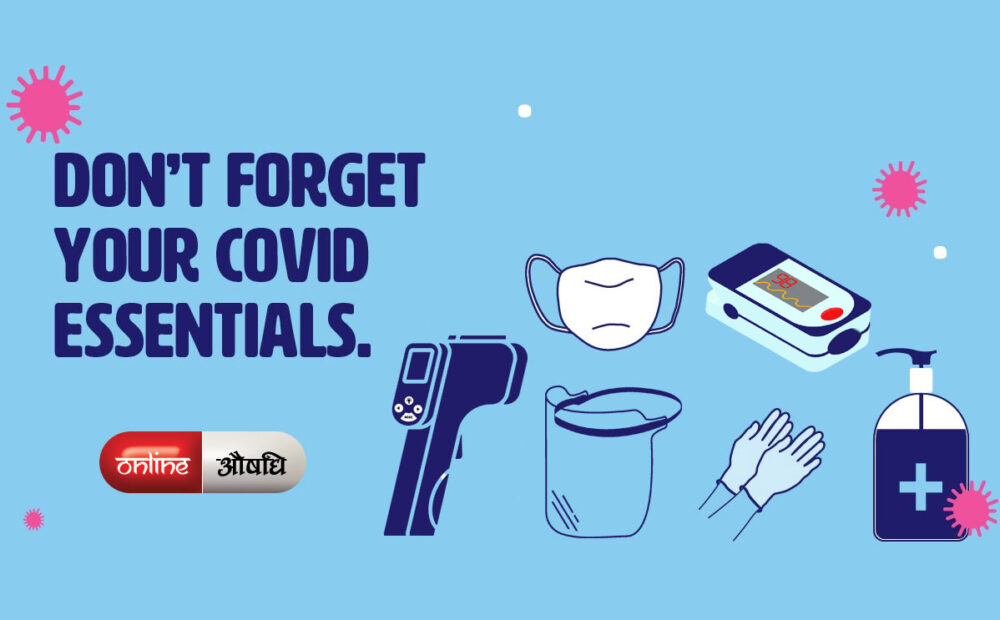1. Write out a short-list of the simple things that give you pleasure.
Keep them in the front of your consciousness and make sure you engage with them at least a few times a week. As you do these things, stay present and mindful of the joy they bring you.
For example, I love eating a fresh juicy nectarine on a summer’s afternoon, and meditating in the morning after a fresh brewed cup of tea, and taking a walk with my husband and window-shopping. What are some of your simple things?
2. Get moving.
Maybe you like the openness and relaxation you feel after a yoga class or the sweat and wild release of spinning. You may enjoy seeing your dog run happily in circles as you throw balls at the park.
Whatever movement inspires you, do it and observe the happiness and freedom it brings. Also, take a short walk after having a meal. This not only helps with digestion, but also instantly relieves any heavy feelings.
3. Eat light.
Support your body/mind/spirit with simple meals three times a day. On retreat, we eat out of three small bowls, usually a grain, a soup and a vegetable. Eating light helps us to feel lighter and also increases concentration, digestion, energy levels, and productivity.
As a practice of mindfulness, I put my eating utensil down between each bite and wait to pick it up again until the food is completely swallowed. It takes 20 minutes for our meal to be digested, so I know if I eat slowly for 20 minutes, I will feel completely satisfied without having to eat large portions.
4. Take a cold shower.
Waking up in the morning and taking a cold shower revives and wildly awakens the senses. Here are some benefits of cold showers:
Improves circulation
Relieves depression
Keeps skin and hair healthy
Increases testosterone and fertility
Increases energy and well-being
5. Talk less, and when you do talk have noble conversation.
When you hang out with your friends and loved ones, learn to love the spaces in the conversation. Listen more to their tone as they share rather than thinking about how you are going to respond.
Pay attention to what happens to your energy when you talk less, and how much happier you feel as you conserve more energy. Plus, you will love the simple intimacy of your relationships as you increase presence and heart-centered listening, freeing yourself of complications and unwanted dramas.
6. Get 10 minutes of sun a day.
With sunscreen, there are benefits to getting sun. Well-documented research shows there is a relationship between low vitamin D levels and poor health, such as frail bones, multiple sclerosis, and prostate cancer. We need vitamin D!
Also, light hitting your skin, not just your eyes, helps reverse seasonal affective disorder. Here comes the sun! Let the sunshine in!
7. Turn off the TV.
Rather than watch TV, use your time more mindfully. Read, walk, meet friends, or join an evening group or class. Use your time to connect to others and yourself. Or jump in and do something different, spontaneous, and wild!
8. Create.
Even if you don’t consider yourself an artist there are so many ways to express creatively. Cook with a loved one, dance in your living room, sing in the car, journal without editing or crossing out, learn a new joke.
Be happy, wild, and free as you express yourself more creatively!
9. Enjoy nature.
Find the nature that surrounds you—really see it. Observe yourself as you witness nature and appreciate its growth and timing.
If you feel like things are going too slow, too fast, or you aren’t really sure of where you are going, remember there is a natural timing for everything, and all the roads are taking you to the right place at the right time.
Ask yourself, “How can I compare nature’s experience to my life? How am I just like the wild flower that is growing on the path?”
10. Know the simple truth.
With enthusiasm and confidence, state what you know to be true about your authentic self. Ask yourself, “What is true about myself right now in this moment?”
For example, I am enough, I am worthy, I am good, I am loved, I have what I need, or I am a success
issues decrease your productivity and prevent you from accomplishing tasks and goal.
11. Embrace a growth mindset.
Stanford psychologist Carol Dweck argues that we have two-mindsets; “fixed” and “growth.” A fixed mindset “assumes that our character, intelligence, and creative ability are static.” A “growth mindset,” however, “thrives on challenge and sees failure not as evidence of unintelligence but as a heartening springboard for growth and for stretching our existing abilities.”
12. Balance work and life.
When work interferes with life, it can result in employees getting burned out and decreases base morale in the office. While this may not be an option for employees, it proves that everyone needs time away from the office. If you’re able to spend less time in the office by working remotely or having flexible hours, you should be able to be productive in both your personal and professional life.
13. Don’t hold grudges.
There is really no need to hold onto a grudge. It can mentally wear you out and makes you miserable. And, doesn’t life seem to go a whole lot smoother when you’re not angry?
14. Stick it out.
After years of studying both children and adults, psychologist Angela Duckworth found that one of the characteristics of successful individuals is having grit. During her TED talk Duckworth stated, “Grit is passion and perseverance for very long-term goals. Grit is having stamina. Grit is sticking with your future, day in, day out, not just for the week, not just for the month, but for years, and working really hard to make that future a reality. Grit is living life like it’s a marathon, not a sprint.”
15. Live in the moment
You can’t change the past and you have no control of the future. Live in the moment and enjoy what’s in front of you right here, right now. When you’re busy making too many plans, you’re causing stress that prevents you from enjoying the present.
Sources
http://www.entrepreneur.com/article/246500
10 Simple Tips to Live Happy, Wild, and Free
https://www.google.com.np/search?q=images+of+happy+life&biw=1366&bih=643&tbm=isch&tbo=u&source=univ&sa=X&ved=0ahUKEwitnp-ZwdPJAhWKW44KHSp5Bq4Q7AkIMg&dpr=1#imgrc=bMH5Ee3Dh3n-aM%3A
Published by: Online Aushadhi






























